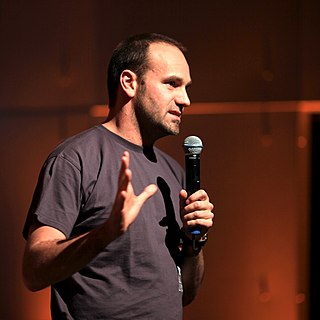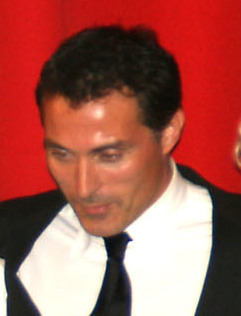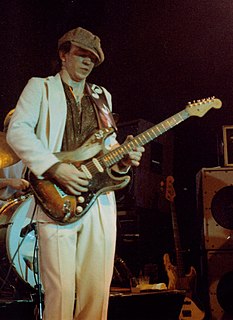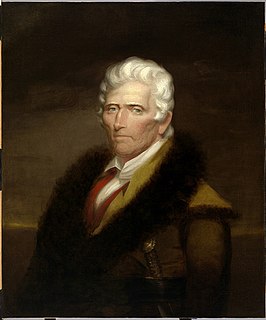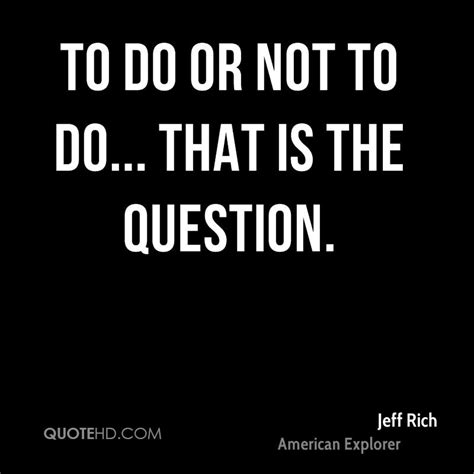A Quote by Edmund Hillary
We shared a philosophy together [with June Hillary]. We believed very strongly in the welfare of helping other people, particularly the Third World people.
Related Quotes
I think that theater is a unique way to communicate with people as they gather together with other people they may not even know. It creates a sense of shared community for the time of the performance that hopefully carries over into other aspects of the audience's life because they have shared this experience together.
Democrats believed in "progressivism." They believed in Big Government. But they at least attached optimistic outcomes to it. They really believed they were helping America. They really believed they were helping families, helping people. Now they've just become, "The country's horrible, it's rotten, it needs to be reformed!" The liberals of John F. Kennedy's day did not think there was anything really major wrong with this country.
Free software is part of a broader phenomenon, which is a shift toward recognizing the value of shared work. Historically, shared stuff had a very bad name. The reputation was that people always abused shared things, and in the physical world, something that is shared and abused becomes worthless. In the digital world, I think we have the inverse effect, where something that is shared can become more valuable than something that is closely held, as long as it is both shared and contributed to by everybody who is sharing in it.
I studied philosophy in school, became disgruntled by the fact that it was a way to have a very interesting conversation with very few people about very few things in very narrow terms and yet still believed (and still believe today) that there was something that I was getting myself involved in when I said I wanted to study philosophy.
If you're talking about the narrow issue of public assistance, I would like to see us move to a more healthy system. But until we come up with certain guarantees - for example, guaranteed jobs where mothers move off welfare - I support welfare very strongly. The worst thing we could do is impose time limits and then expect people to sink or swim once they move off welfare.







